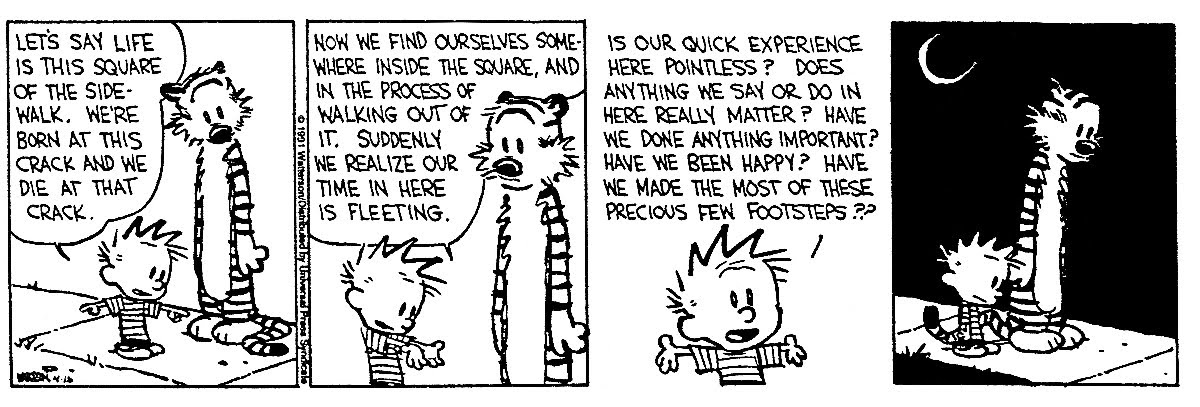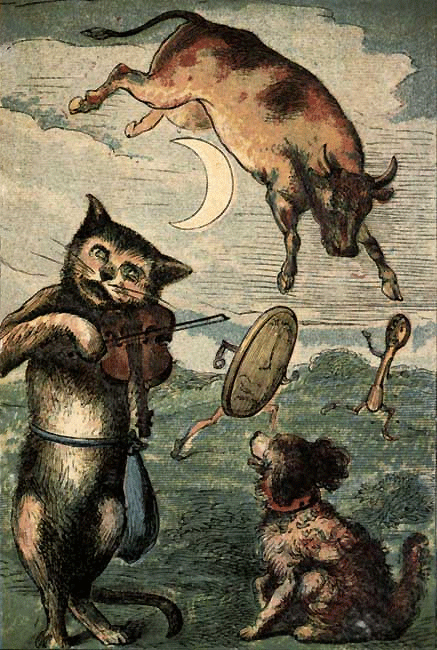G.K. Chesterton and the Metaphysics of Amazement - Martin Cothran
First off, who is G.K. Chesterton? According to Wikipedia, Chesterton was "an English writer, poet, philosopher, dramatist, journalist, orator, lay theologian, biographer, and literary and art critic. Chesterton is often referred to as the "prince of paradox." Time magazine has observed of his writing style: "Whenever possible Chesterton made his points with popular sayings, proverbs, allegories—first carefully turning them inside out."His name keeps coming up. Seems like everywhere I turn, someone is quoting Chesterton. So, this seminar caught my eye. I went to a seminar on Chesterton last year too. Martin Cothran is an author and teacher who often speaks about classical education at this homeschooling conference.
 These notes are rather disjointed for two reasons. First, it was the last seminar on the last day of a three day conference so we were all rather mentally spent. Second, Cothran went at a breakneck speed through his information and I only got bits and pieces. The seminar was very eye-opening and I received glimmers of understanding throughout. If you want the whole talk, you can download it here for $3.00.
These notes are rather disjointed for two reasons. First, it was the last seminar on the last day of a three day conference so we were all rather mentally spent. Second, Cothran went at a breakneck speed through his information and I only got bits and pieces. The seminar was very eye-opening and I received glimmers of understanding throughout. If you want the whole talk, you can download it here for $3.00.Look at the world through a child's eyes again as a parent and one last time as a grandparent.
"The Ethics of Elfland" in Orthodoxy by G.K. Chesterton is the greatest chapter in the greatest book.
From that chapter: we all like astonishing tales because they touch the nerve of the ancient instinct of astonishment.
We are doubly handicapped now.
1 - We are adults.
2 - We are modern adults.
We have lost the idea that things MEAN something.
Existentialism was first seen after World War I in Europe, when the world had been torn apart physically, psychologically, and philosophically. Sartre. Camus.
Existentialists are half-right. If God does not exist, there is no meaning.

Modernists/new atheists believe in the "soft" Christian values (heresy) but subtract God.
Now it is the religion of science - "scientism."
Three Aspects of Any Religion
1 - Creed (set of beliefs)
2 - Code or methodology (moral principles)
3 - Cultic motivation
Yes, scientism is a religion.
1 - Its creed is materialism.
2 - Its code is the scientific method.
3 - Its cultic motivation is a society with all physical questions answered.
Camus wonders why we don't commit suicide. Max Weber wrote of "the disenchantment of the world."
"Why" questions cannot be answered through science. They are only remedied by finding a purpose in life. Viktor Frankl wrote of "the importance of finding meaning in all forms of existence, even the most brutal ones, and thus, a reason to continue living." (Wikipedia)
Most children's literature takes place in the country because things have an inherent purpose in the country. (The idea of wonder) Nihilistic children's literature takes place in the city. Artificial things don't have an inherent purpose.
Lewis Carroll contrasted with Edward Lear by Chesterton
Turning reality upside down to mimic seeing it for the first time. But no, Chesterton says, you're seeing it AS IT REALLY IS. You've just forgotten. It removes the scales from our eyes,
The way back is through children's literature.

There are things we will never know. Why the order of the world is like it is. A description is an explanation but does not answer the 'why'.
Favorite poem? Hey Diddle Diddle. Why is it magical?
Anna Karenina and War and Peace are the greatest novels EVER!
The English body of children's lit is unlike anything previous or anywhere else.
"It's got the magic! The Moffats
Because they woke for us a meaningful world...
By the way, everything Chesterton wrote was a first draft.
RESOURCES MENTIONED
The Re-enchantment of the World by Morris Berman
Chance or the Dance: A Critique of Modern Secularism by Thomas Howard
The Restitution of Man: C.S. Lewis and the Case Against Scientism by Michael D. Aeschliman
All Quiet on the Western Front by Erich Maria Remarque
Lost in the Cosmos: The Last Self-Help Book by Walker Percy
The Natural History of Make-Believe by John Goldthwaite
Samuel Butler's translations of the Iliad and the Odyssey (book of essays)
The Politically Incorrect Guide to English And American Literature by Elizabeth Kantor
FURTHER READING
The Rhetoric of Amazement by Martin Cothran - web article
G. K. Chesterton and the Metaphysics of Amazement: Martin Cothran's Interview on the Quiddity #Podcast at the CiRCE Institute
